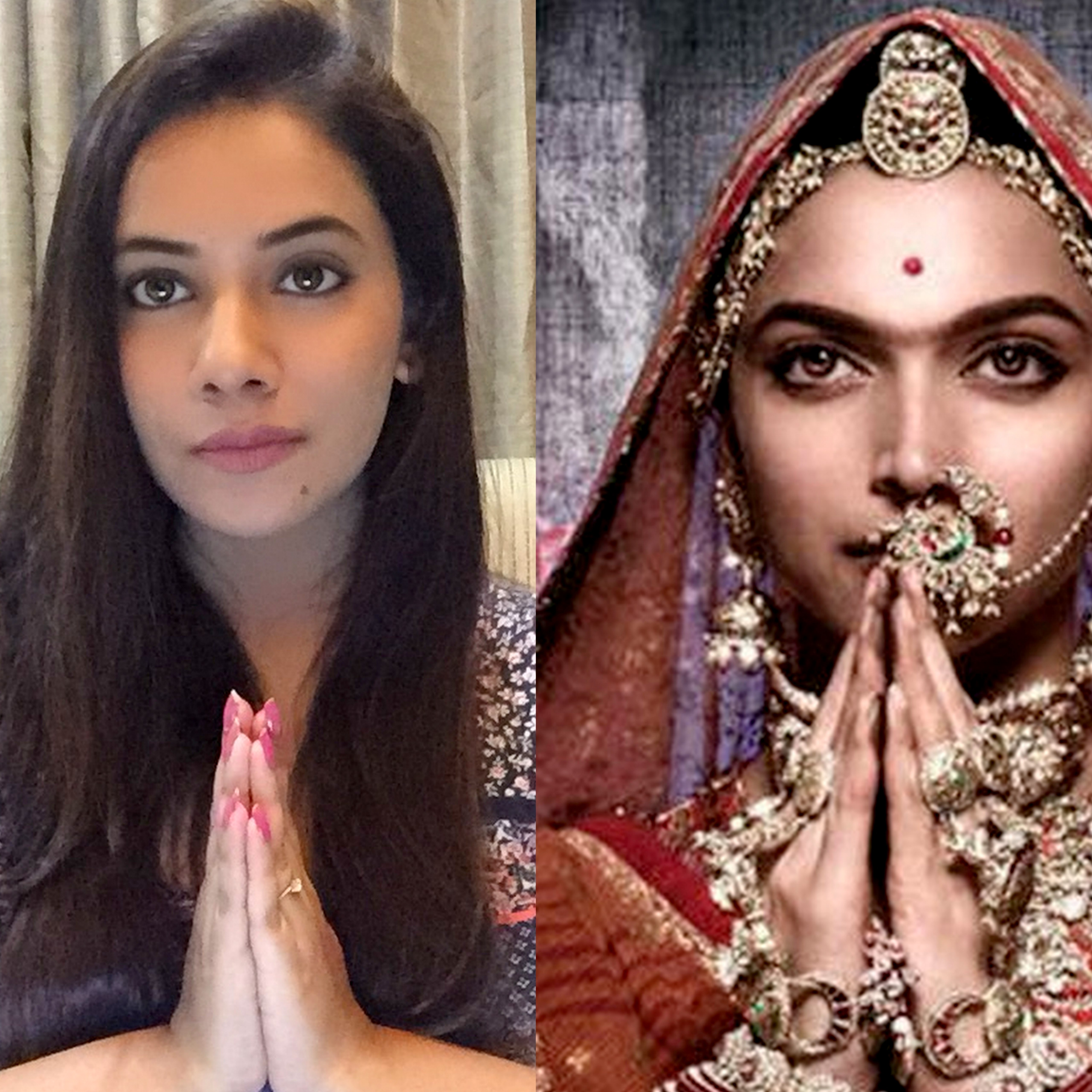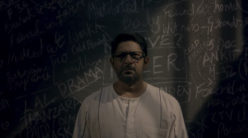Thanks to all the hoopla surrounding the film, most of us already knew the story of Padmaavat before its release. Likewise, even I walked into the theatre, knowing the ending and how it is going to turn out. Despite this, the film still managed to hold my attention for 3 hours and this is commendable. Sanjay Leela Bhansali has a done fabulous job of showing Rajput valour, aan, baan and shaan BUT he has also been criticised for romanticising the act of jauhar in the climax. To be honest, I tried putting away all the external noise, Deepika’s CGI-ed midriff and tried watching the Padmaavat for what it is… but as a matter of fact, we’ll never know what Sanjay Leela Bhansali’s original vision was. Thankfully, I was not disappointed. The film starts off with a disclaimer that it does not promise to be historically accurate and does not promote anything like Sati. Sati was an age-old custom where a widow burns herself after her husband’s death.
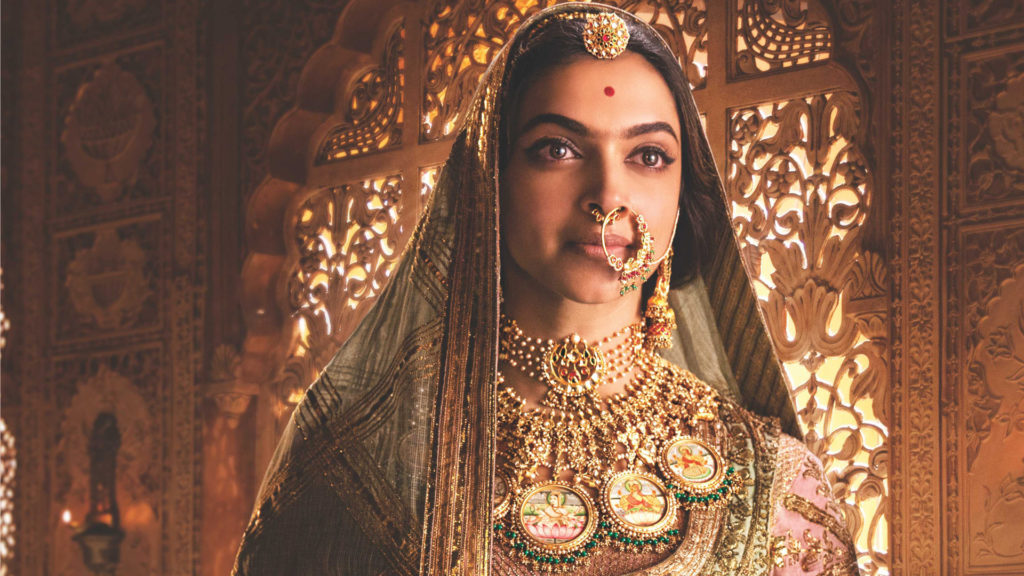
Padmaavat is rich in detail, every frame is beautiful, and you can just see the amount of hard work that has gone into making this film. Deepika Padukone is fierce, Ranveer Singh completely let it go and Shahid Kapoor is subtle and understated. A lot of people would argue that Ranveer overshadowed Shahid but I do not think so. I just feel Allaudin Khilji is just a much more exciting and interesting character compared to Ratan Singh, who is written to be plain vanilla, a fine line between bravery and foolishness. Ranveer, on the other hand, is menacing as the villain and fun to watch. I just wish Padmavati as a character was better developed. Padmavati is shown as a brave, fighter in the first few scenes, she strategizes to bring back her husband but I wish we got to see a little bit more of her strategic & brave side in other instances. I wish there was a better build-up.
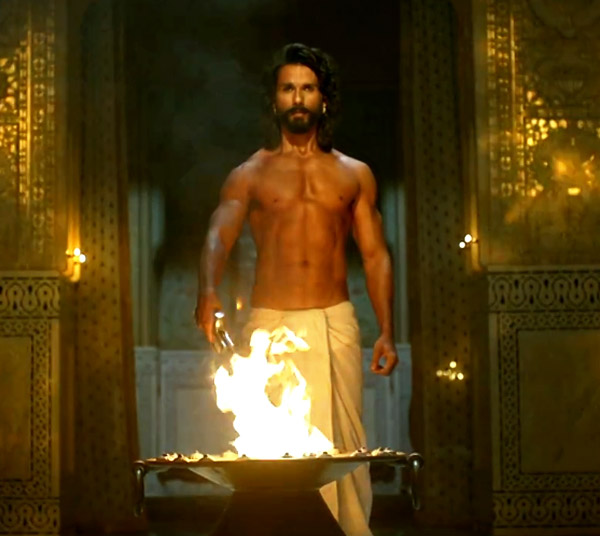
Now, coming to the whole POINT of making this film. Like I said earlier, we’ll never know what Bhansali was originally trying to say through this film but the jauhar bit will always be an open debate. People are already questioning what is the point of promoting such a regressive practice?
I would just like to say that this is an account. This is a 13th century account. And this WILL be regressive. However, back then, jauhar was seen an act of bravery. I am not trying to justify the practice but just to think that such acts once existed gives me goosebumps. Once upon a time, women really jumped into fire willingly or unwillingly. It is disturbing. During the jauhar scene in the film, there was a pregnant woman and a little girl and they were all walking into the fire. I think I teared up at that point. The scariest thing is that – we do not know if they had any other choice. Perhaps, they did not. Padmavati might have been a fighter but could she alone train the women and wage a war against Khilji in such a short span of time? Should she have just agreed to marry Khilji or live with him? Anything she would have done, at that point, would have been a question mark. Padmavati preferred to die than to become one of Khijli’s possession.
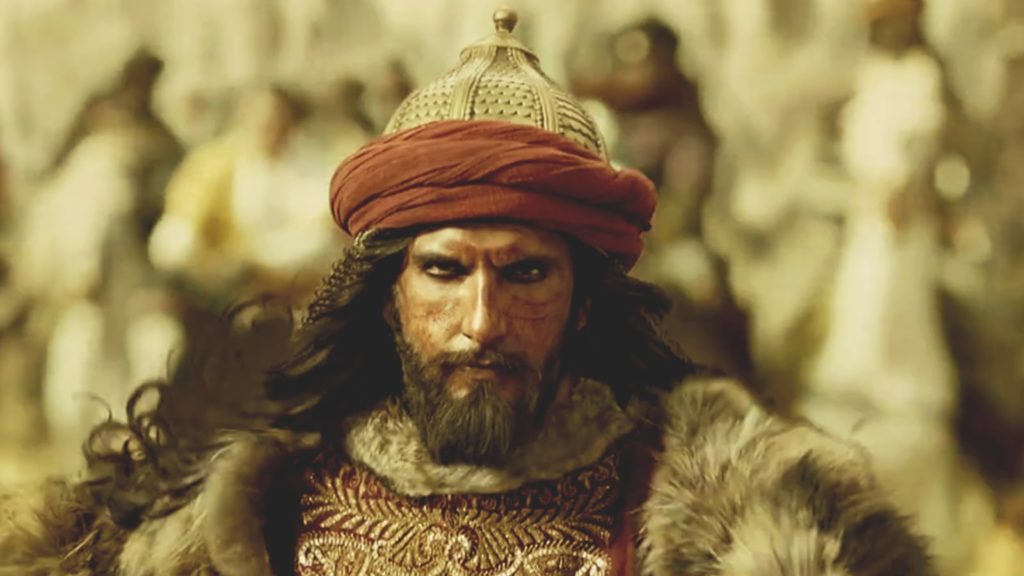
As a story, I get it. I am educated – I can differentiate between what is real and fiction. BUT there are still many communities in India which rationalise and even revere practices like jauhar and sati. So, film makers do have a responsibility. Not everyone would take this as just a film, watch it and forget about it. Bhansali has unfortunately in a way glorified this regressive act which I just hope does not lead to people in certain communities believing that these acts are acceptable. The build up to that climax is however amazing. I liked the music and the war scenes are shot well. I felt like going to Rajasthan and visiting castles and forts. I also just couldn’t get my eyes off the costumes & jewellery…
All, in all .. Padmaavat is at least a one-time must watch!
Xoxo
Ritwika

